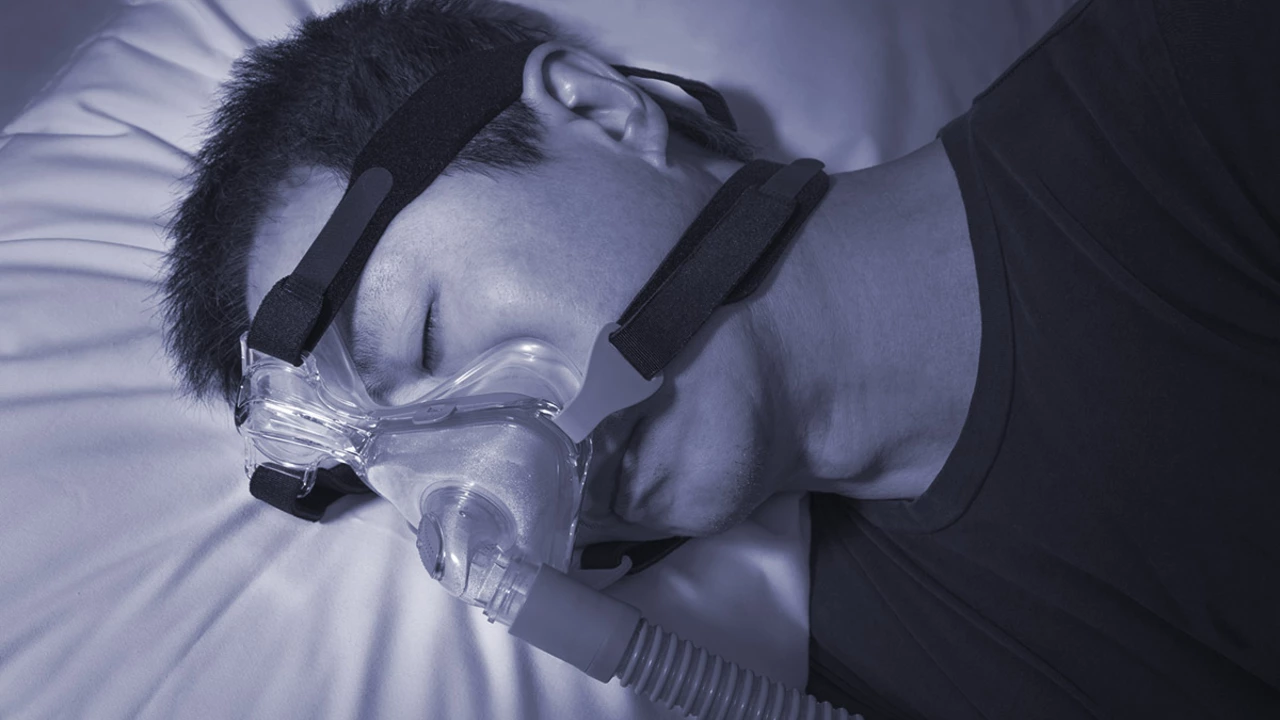Enlarged Prostate (BPH) – What You Need to Know
If you’ve been making frequent trips to the bathroom or waking up at night to pee, an enlarged prostate might be behind it. Most men start noticing changes after age 50, but the condition isn’t a death sentence. It’s simply a swelling of the gland that sits under the bladder and squeezes the urethra.
Why does it happen? Hormones play a big part. As testosterone levels dip, another hormone called dihydrotestosterone (DHT) can make prostate cells grow. Lifestyle factors like obesity, lack of exercise, and a diet high in red meat can also speed things up. The good news is that many simple steps can slow the growth and keep symptoms manageable.
Common Symptoms and When They Matter
The warning signs are easy to spot: a weak urine stream, trouble starting or stopping, feeling like you haven’t emptied your bladder, and needing to go often—especially at night. If you notice blood in the urine or pain while peeing, it could be an infection or something more serious, so call a doctor right away.
Don’t ignore the subtle signs just because they seem “normal for age.” Early detection means you can try lifestyle tweaks before medication becomes necessary. A quick check‑up with a PSA test and a digital exam will tell your doctor what’s going on.
Treatment Options You Can Try Today
First off, many men feel better by adjusting daily habits. Cutting back on caffeine and alcohol reduces bladder irritation. Losing even a few pounds can lower pressure on the prostate. Regular walking or light cardio improves circulation and helps balance hormones.
If lifestyle changes aren’t enough, doctors often prescribe alpha‑blockers (like tamsulosin) that relax muscle fibers in the prostate and bladder neck, making it easier to pee. For bigger swellings, 5‑alpha‑reductase inhibitors (such as finasteride) shrink the gland over months.
Some men opt for minimally invasive procedures—laser therapy or microwave heat—to reduce tissue without surgery. These options have short recovery times and can be a good middle ground if medication isn’t working.
When symptoms become severe—constant urinary retention, recurring infections, or kidney damage—surgery may be the last resort. Techniques like transurethral resection of the prostate (TURP) are common and have high success rates.
No matter which path you choose, keep communication open with your doctor. Regular follow‑ups let you track PSA levels, symptom scores, and adjust treatment before problems worsen.
Bottom line: an enlarged prostate is manageable. Simple diet tweaks, regular exercise, and timely medical advice can keep you comfortable and in control of your bathroom trips. Start with the easy changes today, and if they don’t help, know that safe medication and modern procedures are there to back you up.

Recent studies have shown a surprising connection between an enlarged prostate and sleep apnea. It seems that men suffering from an enlarged prostate, or benign prostatic hyperplasia (BPH), are more likely to also experience sleep apnea. The exact nature of this relationship is still under investigation, but the correlation is strong. Researchers believe that the hormonal changes that occur with BPH might contribute to sleep apnea. This new insight might provide a pathway to improved treatment for both conditions.
Read More
As a blogger, I've recently been researching the benefits of green tea for enlarged prostate prevention and management. I discovered that green tea is rich in antioxidants, which help reduce inflammation and potentially slow down the growth of the prostate gland. Additionally, it may help regulate hormone levels, including those responsible for prostate growth. Drinking green tea regularly could also improve overall urinary health and reduce the risk of developing prostate cancer. In conclusion, incorporating green tea into our daily routine can provide significant benefits for prostate health and overall well-being.
Read More